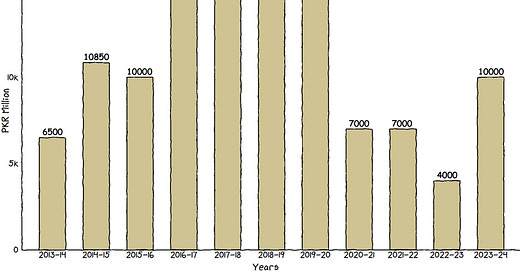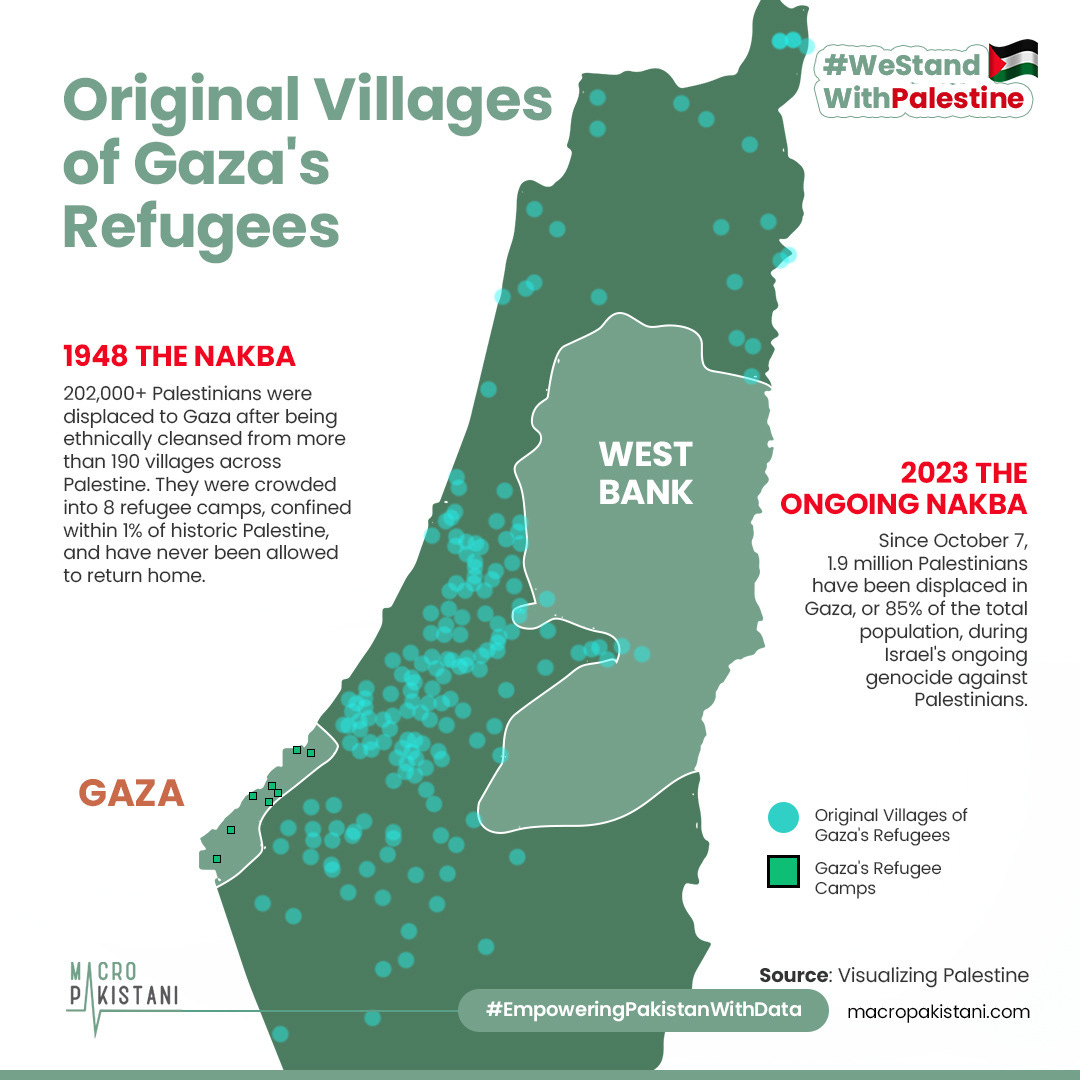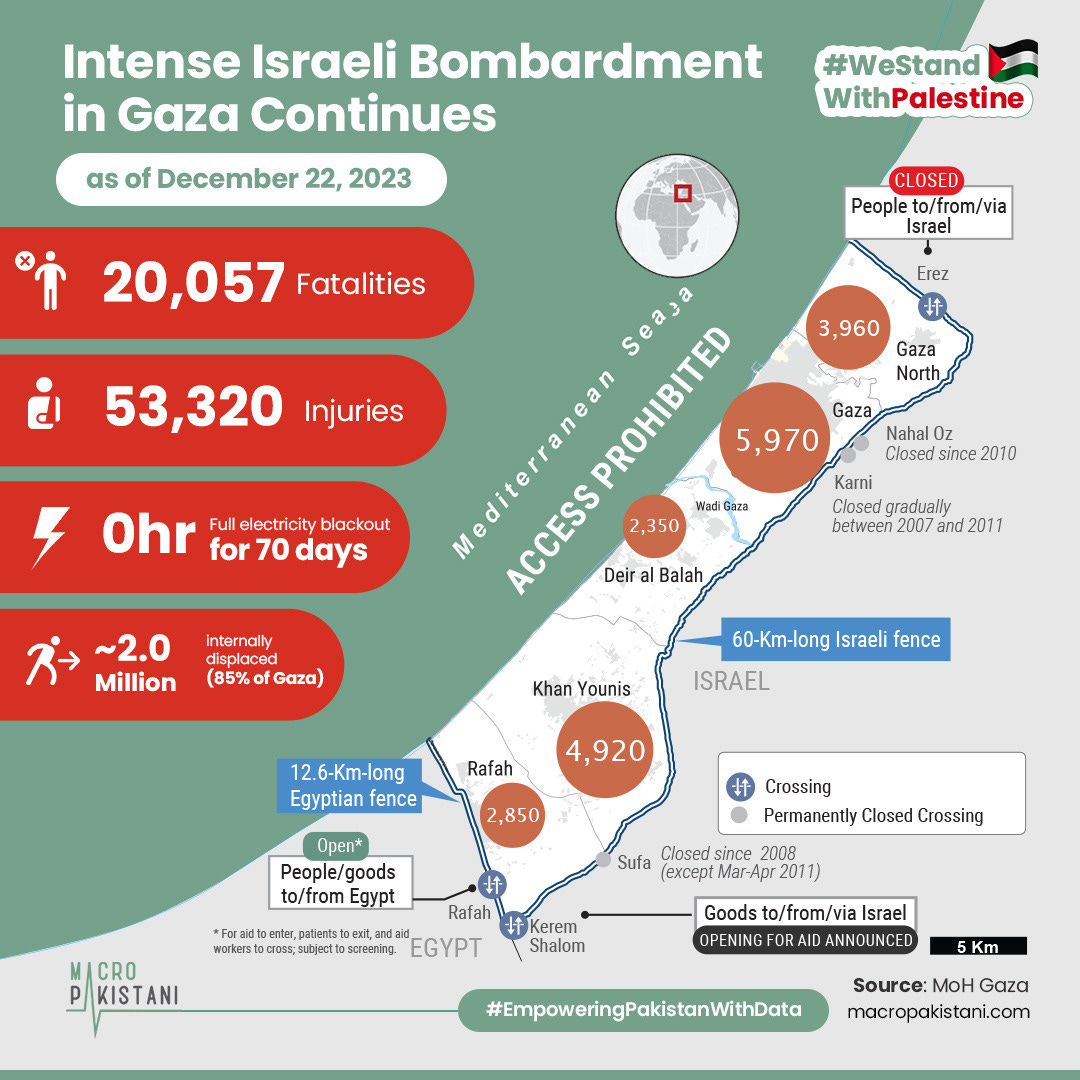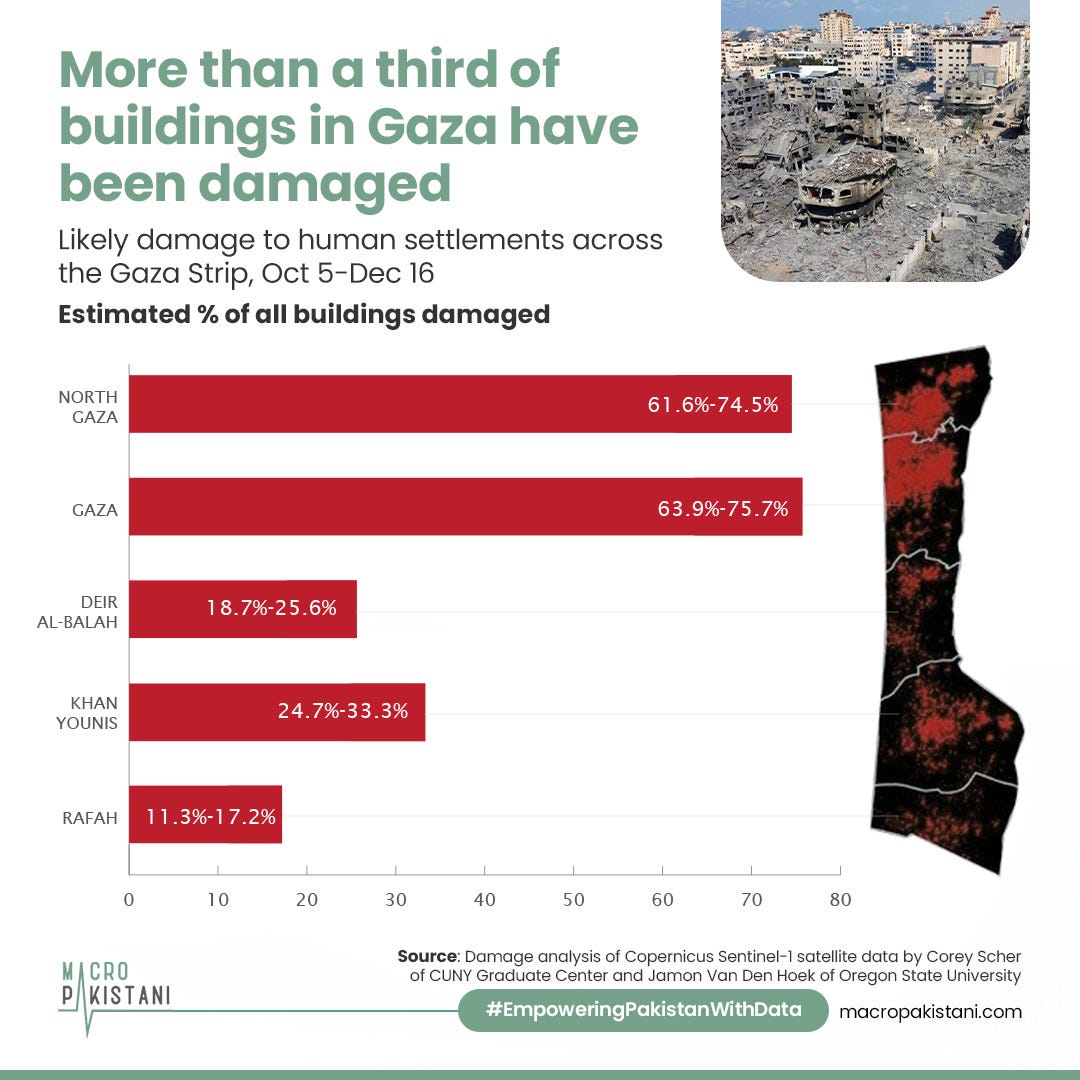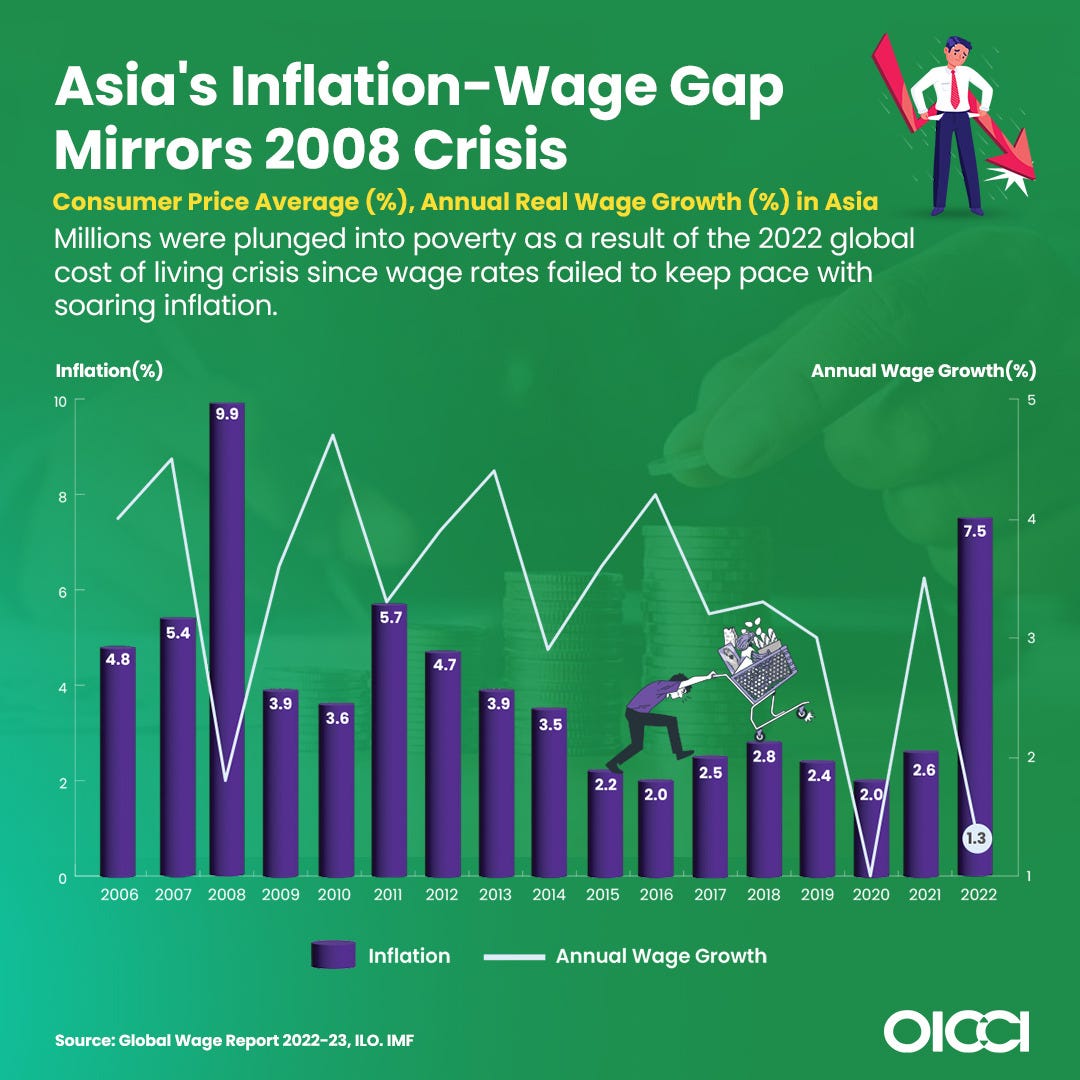Sowing Support and Reaping Challenges
The rising cost of wheat cultivation and low returns may add to Pakistan’s food security challenges.

Wheat is one of the most strategic crops in the world, and while Pakistan is a significant producer, it faces unique challenges. For one, the government plays the role of a market which means that it sets the price, procures wheat, and manages wheat stocks all by itself. According to some estimates, it procures 70% of the marketable surplus making it the biggest player. Since farmers primarily choose crops based on their prices rather than yields, the importance of government-set prices must be addressed. However, is the mechanism fruitful or another drain on the accounts?
The minimum support price (MSP) isn’t a novel idea, it has already been employed in India. However, one of the starkest differences between the phenomenon in both countries is the accurate setting of prices considering inflationary relationships. In short, high agricultural produce prices contribute to inflation, and the production costs of these goods are also susceptible to inflation. As a result, Pakistan’s pricing mechanism has rendered it uncompetitive, and its small farmers are exploited. Furthermore, the declining profitability of wheat may lead to food insecurity in Pakistan, a result contrary to the basis of the minimum support price.
Yet, over the past decade, Pakistan has spent PKR 125 billion in subsidies to the Pakistan Agricultural Storage and Services Corporation (PASSCO). Bear in mind these subsidies are only paying for storage and management of wheat stock or sometimes to pay arrears. Furthermore, the MSP mechanism is a tool of Pakistan’s political economy as it largely benefits mills and large-scale farmers. However, there is no simple alternative to the mechanism, at least not in the short term. However, the government needs to reduce its footprint in the sector and let the market function along with channeling funds towards technology and support to small-scale farmers.
GRAPHIC
History, as the saying goes, is often perceived as repeating itself; however, I argue that it merely accumulates unresolved matters, amasses debts, and compiles both fortunes and misfortunes. Eventually, there arrives a moment when all these accounts must be settled. This perspective was articulated by Dr. Salman Abu Sitta in a 1999 speech focusing on the Palestinian right of return.
In Gaza, 1.7 million Palestinian refugees, hailing from over 190 villages scattered throughout historic Palestine, have been confined to a mere 1% of their homeland for a span of 75 years.
This map visually represents the original villages of Palestinian refugees in Gaza, the majority of which are located within a 30–40-kilometer radius of the ongoing genocide.
During the Nakba of 1948, a period marked by the ethnic cleansing of Palestine, approximately 27% of the 750,000 forcibly displaced Palestinians sought refuge in Gaza, causing a threefold increase in its population overnight.
Primarily comprised of peasant farmers who anticipated a swift return to their land and livelihoods, these individuals instead find their futures still under the control of Israel.
At present, these survivors and their descendants constitute 70% of Gaza's population. They are once again facing a catastrophe, with approximately 2 million people displaced, 20,000+ casualties, over 65% the population enduring starvation, and over 300,000 housing units either destroyed or damaged.
The 2022 global cost of living crisis thrust millions into poverty as wages struggled to keep pace with surging inflation.
However, strides are being made to address this issue, with 24% of companies currently offering a living wage, and an additional 54% planning to implement it within the next 5 years.
Data Visualization & Marketing Partner: Brand Nib
Visit: https://macropakistani.com/advertise/
Improve brand awareness for your startup/business or amplify the reach of your ongoing marketing campaigns by promoting them on Macro Pakistani. We are doing/have done successful paid collaborations with:
About Us: Macro Pakistani is a data-driven research platform that aims to provide a basic understanding of Pakistan’s economy. If you have an interest in contemporary news but are currently overburdened with sensationalism and specialized vocabulary, we are the platform for you.
How are we doing? Please send us any questions, comments or suggestions by replying to this email.
